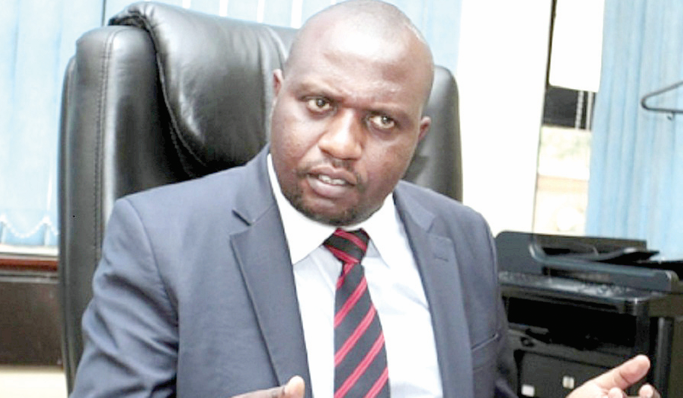Remunerate journalists well, Media Council urges employers

Media investors have been challenged to remunerate their staff well to protect journalists from risks of violence, online threats, psychological distress and economic vulnerabilities.
Addressing a media stakeholders’ forum in Naivasha on Saturday, Media Council of Kenya chief executive David Omwoyo (pictured) said poor and delayed remuneration of journalists exposes them, especially correspondents and field staff, to various risks that perpetuate unethical practices in the industry.
“Let’s face the facts. A broke scribe will not resist a ‘brown envelope’. Correspondents and editors who go for months without pay are likely to be compromised by news sources and therein lose their independence and objectivity.
That’s why we currently have many cases of unethical incidents involving correspondents. Some of the incidents even endanger the very lives of the journalists,” he told the industry stakeholders.
Dubbed ‘A time of internal retrospection’ the one-day seminar brought together editors, media managers and practitioners as well as State-actors and sought to inspire practical action plans to promote professionalism and protection of journalists, seek ways of remedying prevailing challenges and strengthen cooperation.
Ethical challenges
The meeting comes at time the industry is facing increasing financial and ethical challenges. In the recent past, various incidents of attacks on journalists at work have been reported, coupled with non-payment or delayed payments.
The new Kenya Correspondents’ Association chairman Araka Matara condemned the industry culture of non-payment or pay delays of his members, saying media houses perpetrating the practice were hurting the industry’s integrity and professionalism.
“Also, media houses should invest in building capacity for the new generation of journalists it employs by often retraining them on various beats, legal and ethical concerns as well as instill discipline among them.”










